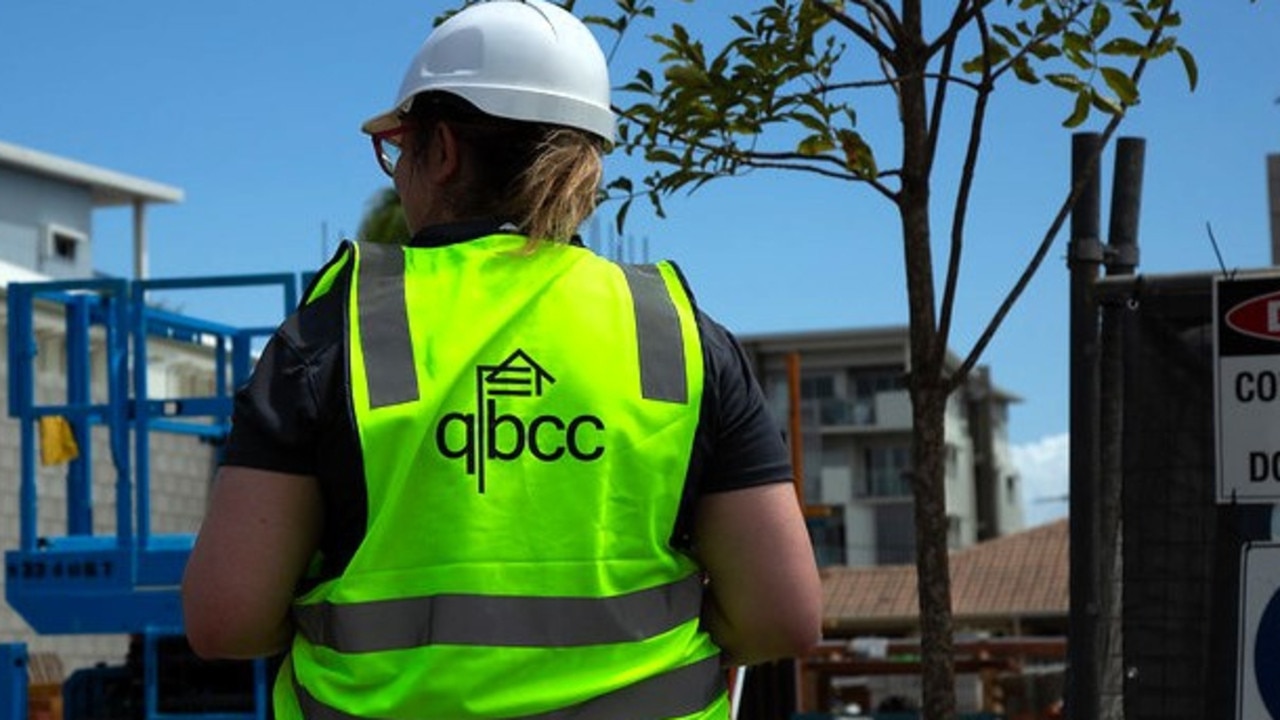The big four consultancies that milked governments’ contractual work are now finding it drying up
Critics say the government has inadvertently become a ‘consultocracy’ – and the big four are braced for fallout as a raft of inquiries probe their roles in Canberra.
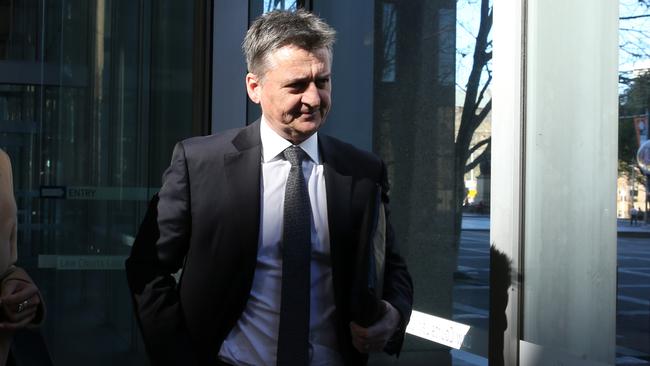
Business
Don't miss out on the headlines from Business. Followed categories will be added to My News.
The tax leaks crisis has already severely tarnished PwC’s reputation. Now the spotlight is turning to collateral damage for all of the big four consulting firms as they face a reckoning on one of the industry’s most lucrative profit streams: the federal government.
One partner at a big four accounting firm told The Weekend Australian they had five likely-to-succeed bids for government consulting work just a few months ago. Now that partner has just one potential contract on the books.
“They have buggered things up for all of us,” the unnamed partner said of the tax leak scandal engulfing PwC Australia. “I keep getting told that my proposals have been really strong but that they are not able to go with a big four firm anymore.”
The inner workings of PwC exploded into the public consciousness when it emerged PwC had helped multinational companies sidestep high-profile new laws (the so-called Google tax) by using confidential information it had gleaned from advising the government on the creation of those laws.
Politicians from all quarters have expressed horror at the behaviour of PwC and rival firms which have also had ethics breaches revealed.
But these squeals of shock seem rich to some, including senior social justice advocate for the
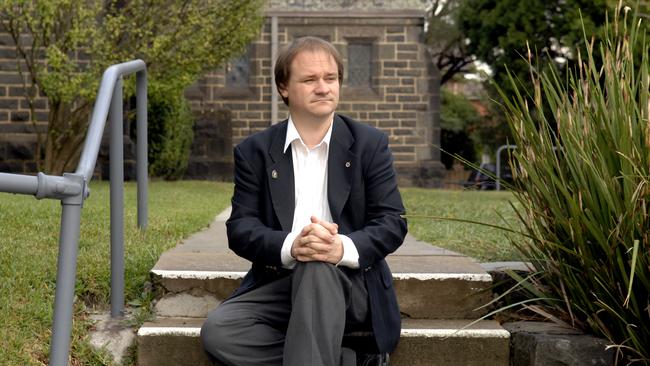
Uniting Church Mark Zirnsak, who gave evidence at the Senate inquiry last week, and fears the government has inadvertently become a “consultocracy”.
“Unelected consultants end up being so embedded in the policymaking system that effectively they get to shape or control where public policy goes, and often bend it in the direction of what’s in the interests of the consultant, as opposed to what might be in the public good,” Mr Zirnsak said.
Some of those best interests may have been profit related. A Senate inquiry, triggered in part because of the PwC scandal, has revealed the big four of PwC, KPMG, Deloitte and EY now earn about a quarter of their revenue from the federal government.
Hiding in plain sight, Canberra had become a river of gold for consultants. The river has been a torrent since 2018, with KPMG’s revenue from the federal government rising 59 per cent since then, Deloitte’s by a whopping 70 per cent, PwC’s by 54 per cent, and EY’s by 59 per cent.
And these percentage increases are not from small dollar figures. In the past four-and-a-half years the federal government has paid KPMG $1.9bn, Deloitte $1.5bn, PwC $1.4bn and Ernst & Young $1.1bn, according to AusTender data.
Who’s to blame? According to Labor Senator Deb O’Neill, a member of the committee now investigating consultants, it’s the fault of former Liberal prime minister Tony Abbott, who introduced an Average Staffing Level cap for public servants in the 2015-16 federal budget.
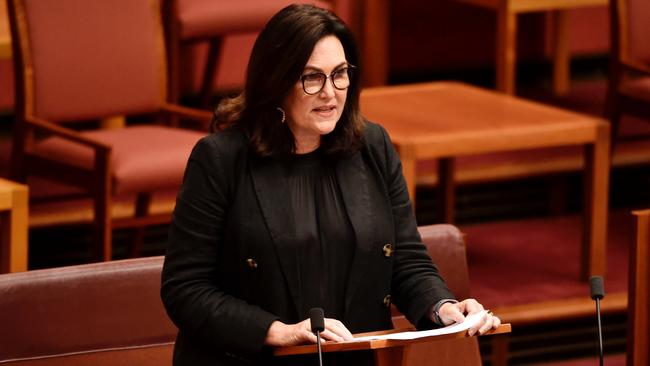
“This provided the platform in which this infestation has taken over government,” says Senator O’Neill, who reflected on the “breakneck speed of the replacement of public servants with consultants”.
Liberal Senator Richard Colbeck, who chairs that same committee is, not surprisingly, more circumspect and points to the fact that the use of consultants by governments has “risen globally” over the past decade.
Whatever the truth, the sad fact for the big four is that the rivers are likely to be dammed and that the government, which still needs consultants particularly until the public service is built back up, is likely to be looking at the next tier down.
Ironically, it means that the likes of McKinsey, which refused a request to front the Senate inquiry and would not comment for this article, may be a beneficiary.
Also likely to see an increase in work are Pitcher Partners, Boston Consulting Group and BDO Australia.
At the big four it’s likely that job losses will follow, which is a frustrating fact for the majority who were doing the right thing.
Not that consultants are all bad, Senator O’Neill is at pains to point out, but there have been too many examples where professionals have “not had the right ethical muscles”.
Last week it was revealed a former Deloitte partner had taken confidential information gleaned from working on a $2.5m IT project for the Defence Force and used it to pitch for work at his new firm.
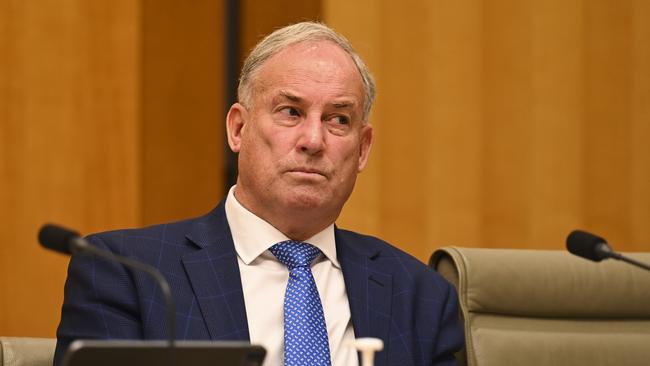
Deloitte had already faced the Senate and will now likely be recalled to answer further questions on the breach of confidentiality.
KPMG has also faced significant issues over ethics, including being fined after staff cheated on an internal ethics exam.
The firm has also issued a mea culpa to the Senate inquiry over its handling over a matter involving two warring NSW state government departments – NSW Treasury and Transport – over a decision to move the state’s rail assets into a separate entity.
KPMG has now admitted it should not have treated the two clients within the state government as one and that it could have handled things differently.
Former KPMG partner-turned-whistleblower Brendan Lyon, who left the firm after complaining internally about the way the matter was being handled, said there were “obvious integrity risks” in the fact the big four consultants pay millions of dollars in political donations, while charging government departments billions in fees.
Mr Lyon, who has now set up his own firm and has also been appointed as Professor of Practice in the Faculty of Business and Law at his alma mater, the University of Wollongong, said ethics around his industry would be an important part of his classes.
“Their overt political influence makes it hard for good public servants to hold big four consultants to account and risks diminishing the role of public officials and transparency in government decision making,” Mr Lyon said. This “no doubt will be an area for the new National Anti-Corruption Commission to focus on”.
Further exacerbating the problem in Australia is a lack of regulation to prevent the revolving door of former politicians and public servants taking roles with consultancies.
“It’s definitely an issue that needs to be addressed because the concern is someone who’s been intimately involved in setting policy can suddenly get bought,” Mr Zirnsak said. “That’s problematic, because you want to make sure your public policy is being set by people who are disinterested in any future careers that might be going.”

While politicians take stock of what regulatory changes might need to take place as a result of the scandal, Senator Colbeck said the Senate inquiry was still chasing down leads about who knew what at PwC and that the next key focus would be the international operations.
PwC will have to face the Senate as soon as the firm’s internal review, being led by former Telstra chief Ziggy Switkowski, is wrapped up on August 18 and then signed off by the two law firms it hired to oversee the work.
“Clearly there was a co-ordinated process here with the UK, US and a couple of other jurisdictions … I think that’s one direction that hasn’t been properly explored yet,” Senator Colbeck said.
“It’s something that PwC international is desperately trying to ring fence, but I don’t think they can.”
The extent of the tax leak was revealed in May after Senator O’Neill asked the Tax Practitioners Board in Senate estimates for all emails and documents that related to a seemingly innocuous banning of a PwC partner – now fired – Peter Collins.
In total, 144 pages were revealed in the Senate, with the names of all but Mr Collins redacted, but email locations shown.
“There were a number of UK, EU and international email addresses and it was called Project America, so there’s clearly people involved in other jurisdictions,” Senator Colbeck said.
“I’m very curious as to why it hasn’t picked up any more interest in those other jurisdictions so I’m keen with the inquiry to start looking down those paths.”
Originally published as The big four consultancies that milked governments’ contractual work are now finding it drying up



